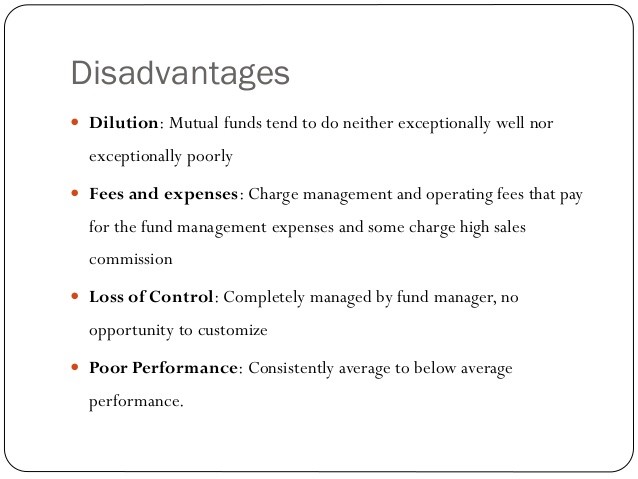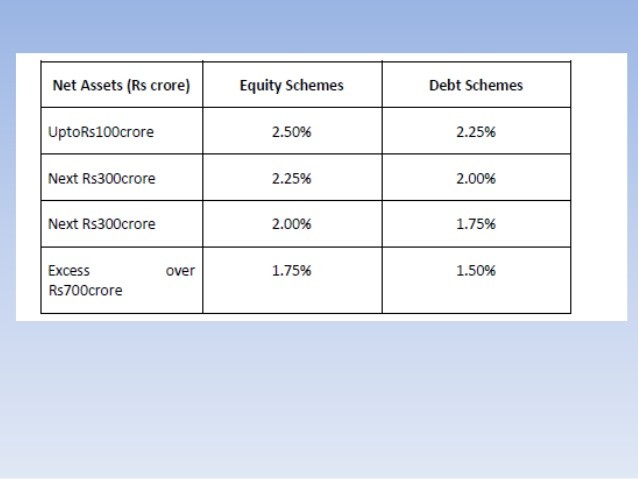Do MoneyMarket Funds Pay
Post on: 28 Апрель, 2015 No Comment

For investors, money market funds are useful vehicles that have a role to play in the management of an investment portfolio. However, you need to understand the nature of these funds in order to recognize how they fit into your investing objective.
What Is a Money Market Fund?
A money market fund is a mutual fund that invests solely in cash/cash equivalent securities, which are also often referred to as money market instruments. These investments are short-term, very liquid investments with high credit quality.
They generally include:
Securities and Exchange Commission (SEC) rules dictate that the average maturity of money market fund securities must be 90 days.
Just like any other mutual fund. money market funds issue redeemable units (shares) to investors and must follow guidelines set out by the SEC. All the attributes of a mutual fund apply to a money market mutual fund, with one exception that relates to its net asset value (NAV). We’ll take an in-depth look at this exception later on.
Money Market Funds Vs. Money Market Accounts
A key difference between money market funds and money market accounts is that the former are sponsored by fund companies and carry no guarantee of principal, while the latter are interest-earning savings accounts offered by Federal Deposit Insurance Corporation (FDIC)-insured financial institutions with limited transaction privileges. In this case, account principal is guaranteed up to $100,000 by the FDIC. Money market accounts usually pay a higher interest rate than a passbook savings account, but generally a slightly lower interest rate than a bank certificate of deposit or the total return of a money market fund. (For more insight, read Money Market Vs. Savings Accounts .)
What’s So Special About These Products?
Money market funds are special for three reasons:
- Safety
The securities in which these funds invest are by and large some of the most stable and safe investments. Money market securities provide a fixed return with short maturities. By purchasing debt securities issued by banks, large corporations and the government, money market funds carry a low default risk while still offering a reasonable return.

Money market securities generally have large minimum purchase requirements, thereby making it difficult for the vast majority of individual investors to buy them. Money market funds, on the other hand, have substantially lower requirements, which are generally even lower than average mutual fund minimum requirements. As such, money market funds allow you to take advantage of the safety related to a money market investment at low investment amounts.
Money market fund shares can be bought and sold at any time and are not subject to market timing restrictions. Most of these funds provide check-writing privileges. In addition, while most mutual funds have a transaction-day-plus-three (T+3) settlement date, money market funds offer investors a same-day settlement, which is similar to trading money market securities. (For related reading, see What is mutual fund timing, and why is it so bad? )
Taxable Vs. Tax-Free
Money market funds are divided into two categories: taxable and tax-free. If you’re buying a taxable fund, any returns from the fund are generally subject to the regular state and federal taxes.
Taxable funds mainly invest in U.S. Treasury securities, government agency securities, repurchase agreements, CDs, commercial paper and bankers’ acceptances. Many other types of investments are eligible for taxable money market funds. For instance, if you are partial to the housing sector, you can buy a money market fund that solely invests in Fannie Maes .
Tax-free funds, on the other hand, do not provide as many options. These funds invest in short-term debt obligations issued by federally tax-exempt entities (municipal securities) and have a lower yield. In some areas, you can purchase tax-free funds that exempt you from both state and local taxes; however, these kinds of exemptions are exceptions rather than the norm, so be sure to check out all the details before you decide to purchase one. (For related reading, see Weighing The Tax Benefits Of Municipal Securities .)
Keep in mind that you can’t just compare the two yields by themselves — what you need to do is convert the tax-free yield into an equivalent taxable yield. This can be accomplished with the following formula:
Taxable Equivalent Yield = Tax-Free Yield / (1 – Marginal Tax Rate)














